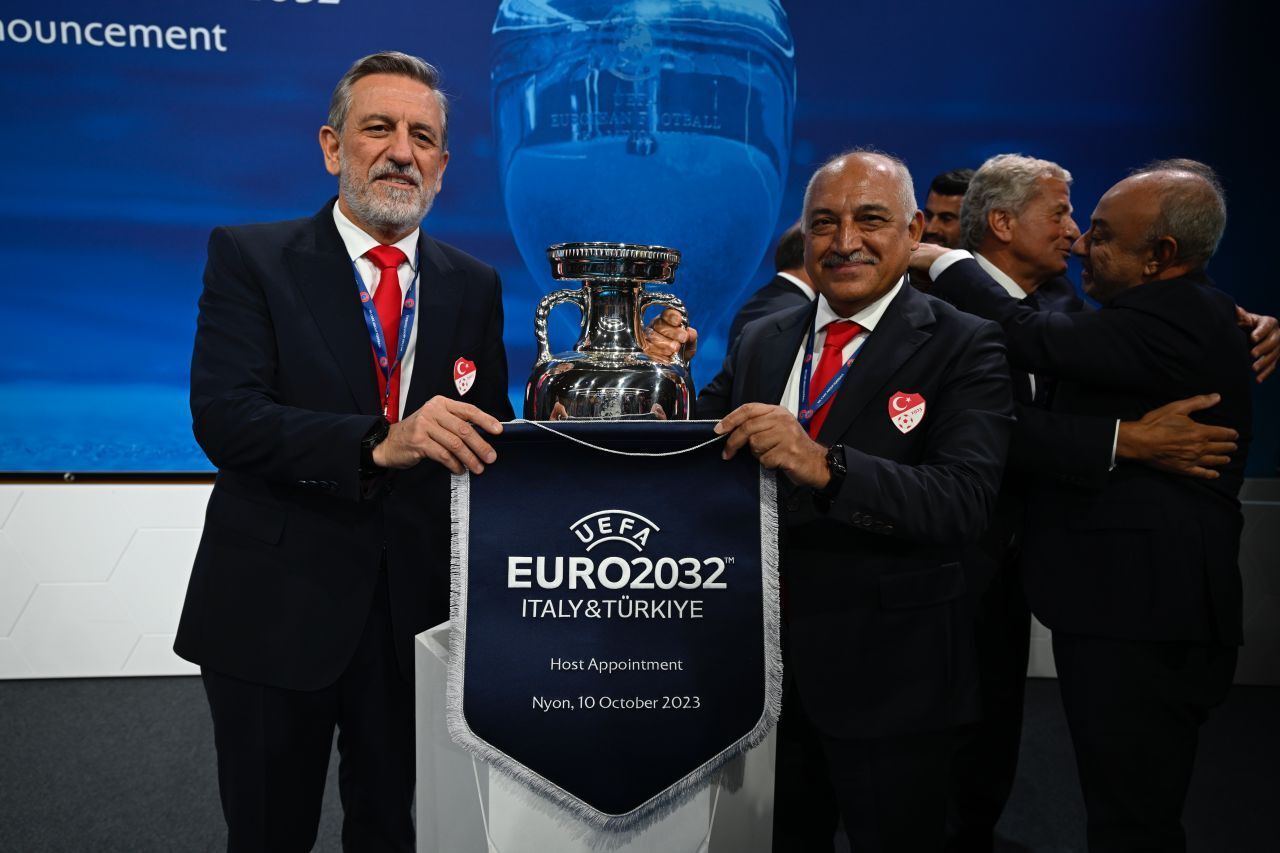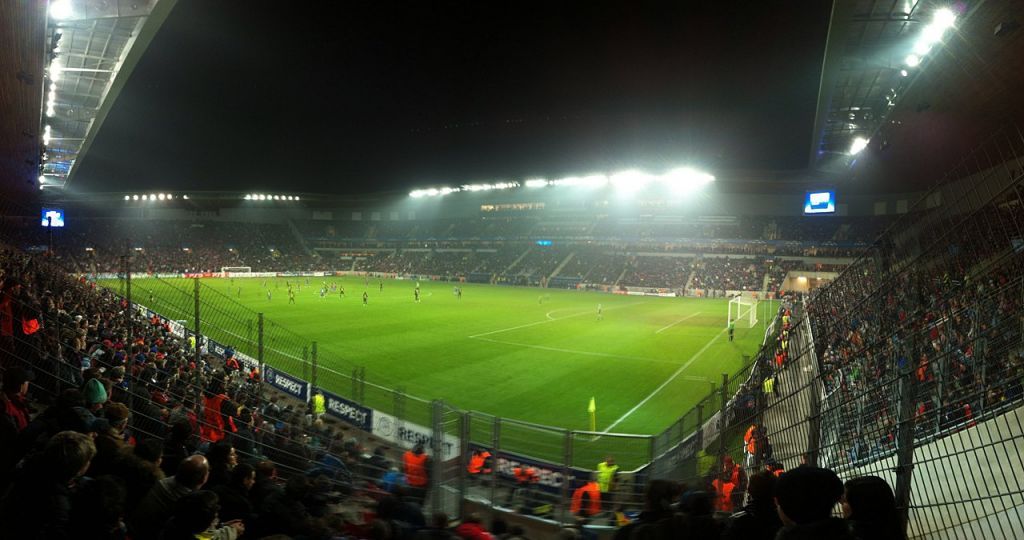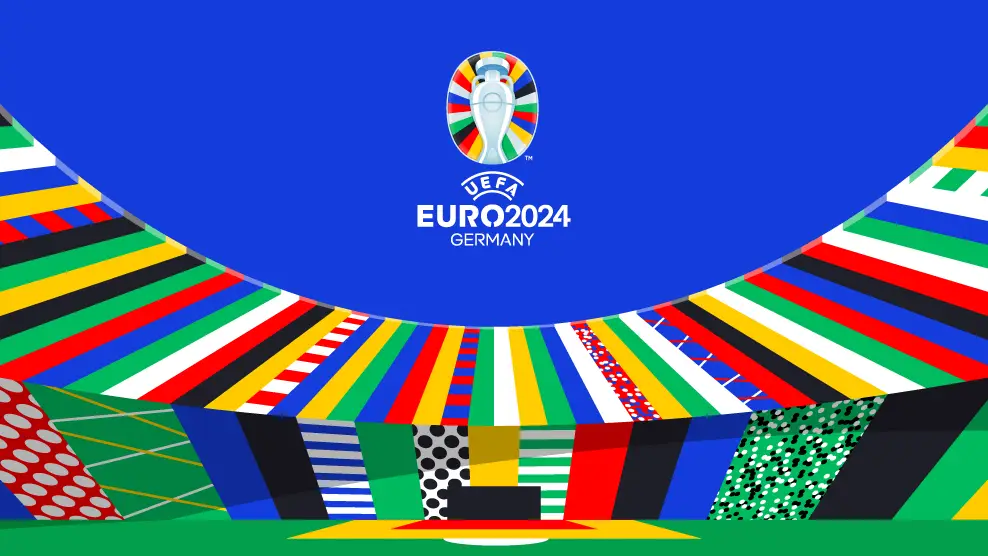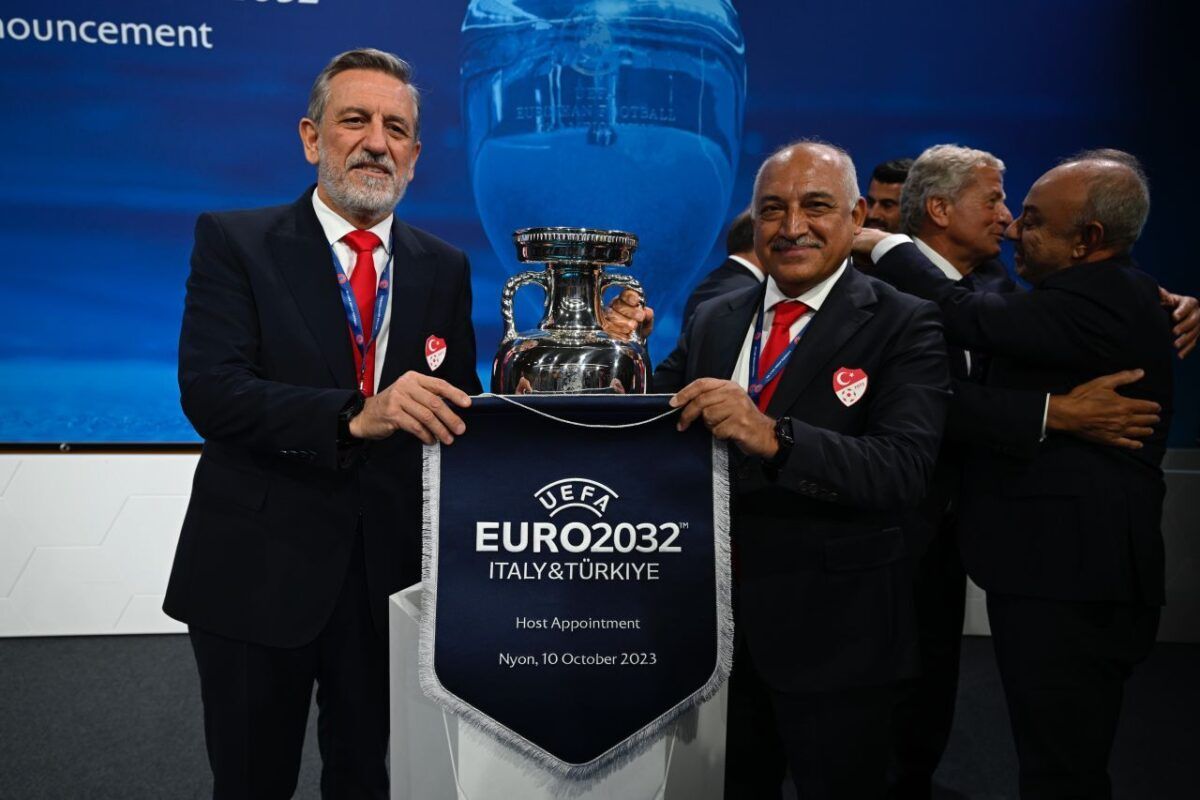The number of clubs in the Champions League will be increased from 32 to 36 from the 2024-25 season, European football’s governing body UEFA announced on Tuesday.
Under the new format approved by the UEFA Executive Committee, every team will play eight games over 10 match weeks.
In the current format, 32 teams were placed in eight groups of four, with each side playing six matches against three teams on a home-and-away basis.
The top two from each group progress to the last 16, the first of the knockout rounds that are played home and away over two legs.
The new format will see a switch from the “traditional group stage to a single league phase including all participating teams,” read a UEFA statement.
This guarantees every team “a minimum of 8 league stage games against 8 different opponents (four home games, four away) rather than the previous six matches against three teams,” it added.
“The top eight sides in the league will qualify automatically for the knockout stage, while the teams finishing in ninth to 24th place will compete in a two-legged play-off to secure their path to the last 16 of the competition,” the statement explained.
Additional teams
Two of the four new spots in the Champions League “will go to the associations with the best collective performance by their clubs in the previous season,” read the UEFA statement.
A previous proposal suggested that the places should go to clubs based on their “coefficient,” a rating that reflects their performance in European competitions over the previous five years.
The new method takes into account the coefficient of a country as a whole.
As for the remaining two spots, one will be taken by “the club ranked third in the championship of the association in fifth position in the UEFA national association ranking,” the statement said.
“One place will be awarded to a domestic champion by extending from four to five the number of clubs qualifying via the so-called ‘Champions Path’,” it added.
UEFA President Aleksander Ceferin said the decisions reflect the organization’s commitment to “the fundamental values of sport and to defending the key principle of open competitions, with qualification based on sporting merit.”
“Qualification will thus remain purely based on sporting performance and the dream to participate will remain for all clubs,” he said.
Source: AA












